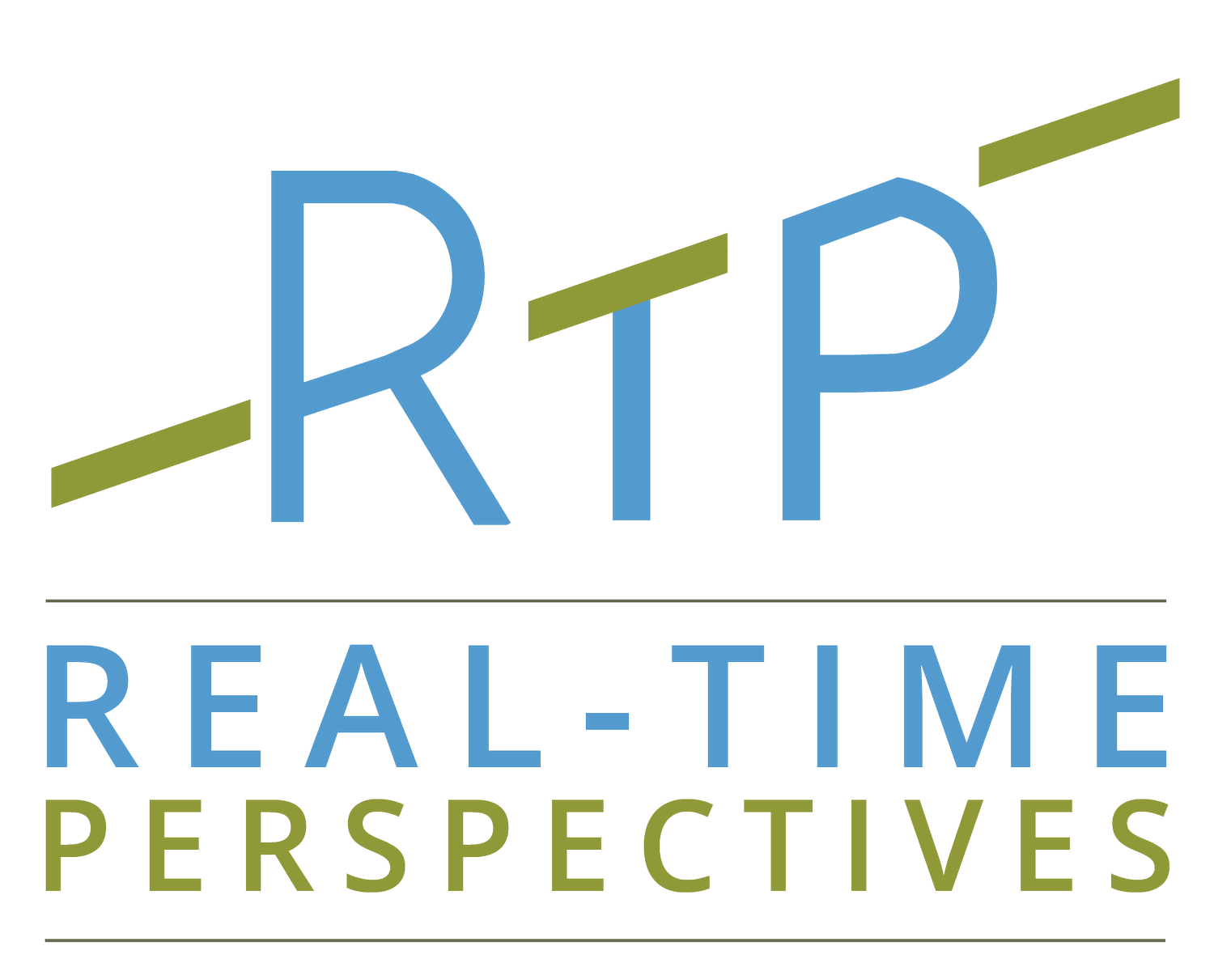“It is what it is”…or is it?
I recall, a few years ago in a leadership program I was facilitating, that one of the participants expressed a degree of annoyance when someone described their response to a difficult situation as being “It is what it is.” I vaguely recall him explaining that the fatalism inherent in that statement is what frustrated him. “It doesn’t have to be that way” he explained. I understood him to hold the belief that we always have the choice to intervene, in order to facilitate a different outcome. I suspect he was quietly railing against a mindset anchored in resignation.
That interchange has remained in my near memory ever since, surfacing every time I either hear, or make, that statement myself. My own sense-making around the phrase had always been positive. My belief that taking a stance around accepting the “is” of a situation has mostly been a healthy one in my experience. I have found comfort in acknowledging the importance of what “is” in the moment, appreciating “presence” – being in a state of consciousness that doesn’t flee from what “is”, but rather finds peace and solace in knowing that just “being” is worthy of my gratitude. This notion has hit home even more now, given that I am still cancer-free, 18 months after my cancer diagnosis. Whether new cancer cells are hiding in my body or not, in this moment, I am enough.
I think there is another reason for why initially harboring an “It is what it is” attitude is beneficial. It grounds us in reality. From that vantage point, we can more readily identify gaps between the “current” state and the perceived “desired” state. Starting with a reality-based perspective can help mitigate the negative effects of knee-jerk reactions when trying to narrow the gaps. In business, we talk about this in terms of polarity management – finding the advantages in “both/and” vs. “either/or” solutions.
I get, however, that the real fatalism of any given situation (e.g., just about any impending loss) can overtake our capacity to revel in presence. Therein lies the value in our very precious human capacity for free will. So, if left in my hands, my preference is to go with the “both/and” viewpoint – It is what it is and/or is it?
